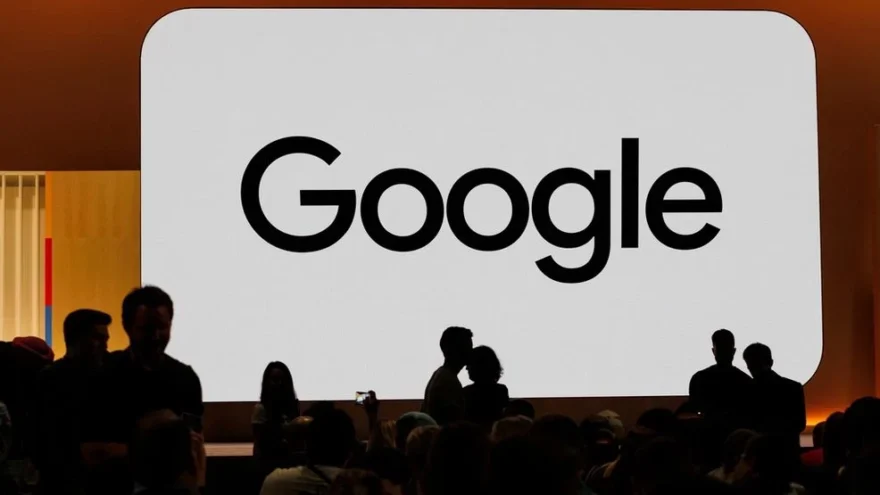Google Must Sell Chrome and, Perhaps, Android, for the US Department of Justice

In a motion filed in U.S. District Court in Washington, D.C. on Wednesday, November 19, 2024, the Department of Justice (DOJ) asked Google to separate itself from its Chrome browser, which it considers a key entry point for web search.
This request is part of a broader set of remedies that the US government hopes will be imposed on Google, because the US Department of Justice filed a lawsuit accusing it of illegally maintaining a monopoly in the online search and text advertising markets. In addition to separating from Chrome, the DOJ has proposed measures to limit Google’s power and promote competition in the online search market.
Upcoming Trial and Judge’s Role
The legal battle between Google and the Department of Justice is ongoing and could significantly impact the future of the American tech giant. The trial on remedies will be held in April, and Judge Amit Mehta, who previously convicted Google of abusing a dominant position, will determine the best way to restore competition in the online search market.
Other measures proposed by the DOJ include banning Google from offering money or incentives to third parties, such as Apple, to make Google’s search engine the default on their devices. Furthermore, the DOJ wants to prevent Google from favoring its own search engine on proprietary platforms like YouTube and Gemini. They also propose requiring Google to allow competitors access to its search index at marginal cost and on an ongoing basis and to share search results, ranking signals, and query data originating in the U.S. for 10 years.
The DOJ is considering requiring Google to spin off Android, its mobile operating system. This option may be necessary if other proposed solutions fail to restore market competition. Alternatively, Google might choose to separate from Android if it opts not to comply with the proposed rules against favoring Google Search in Android.
Google’s Response to DOJ Proposals

In response, Google published a blog post describing the proposed remedies as “staggering” and claiming they seek “dramatic changes to Google services.” Google’s Chief Legal Officer, Kent Walker, argued that the DOJ’s plans represent “a radical interventionist agenda” that would harm not only Americans but also jeopardize the nation’s global technological leadership.
The trial will proceed under a new administration overseeing the Justice Department, which could impact the type of remedies pursued. Nonetheless, since the case originated during the first Trump administration, Google’s challenges are far from over.








